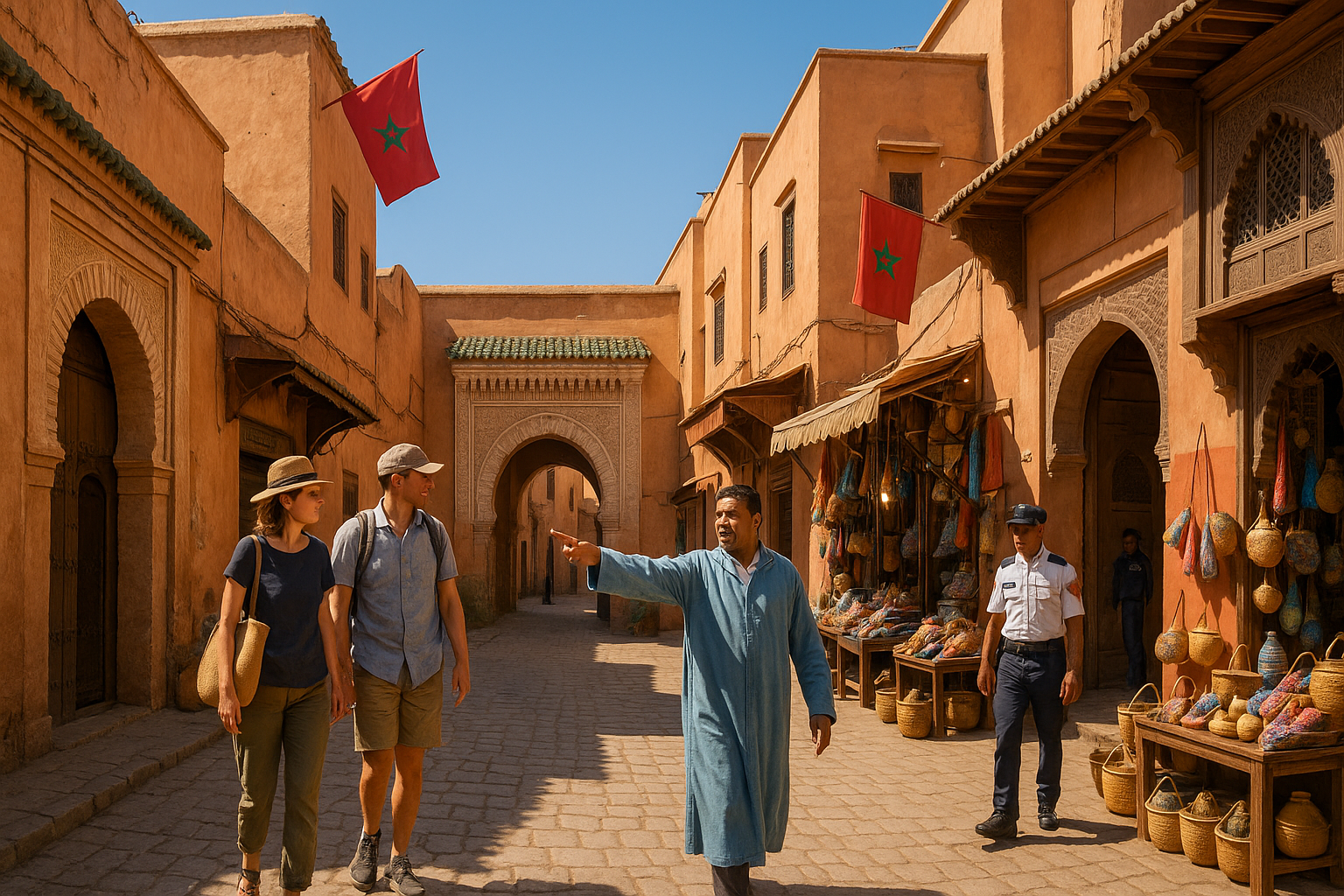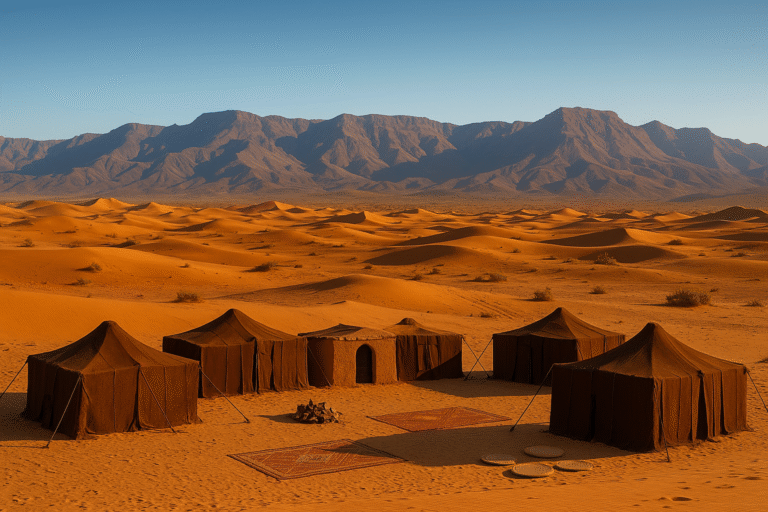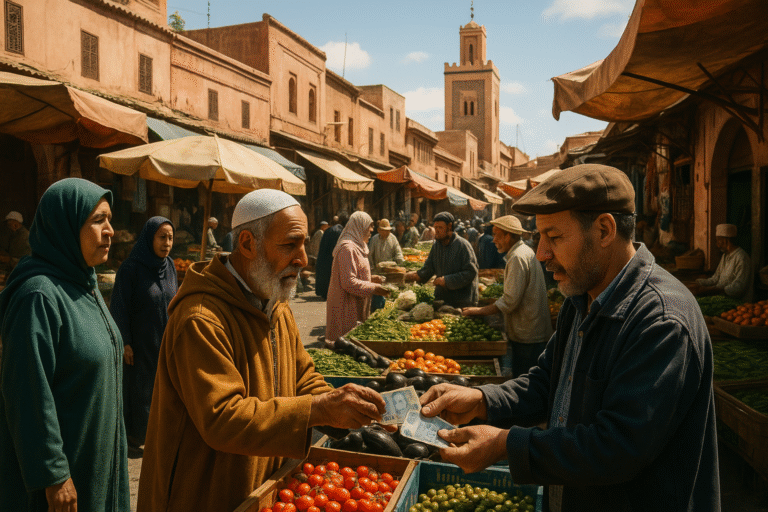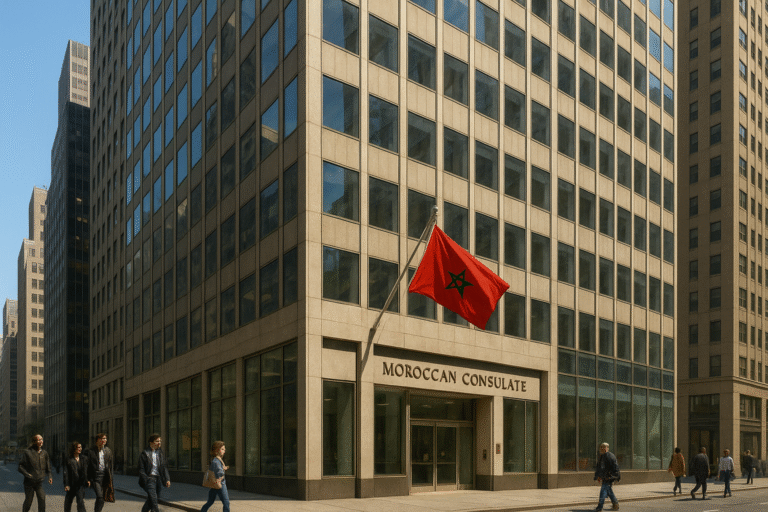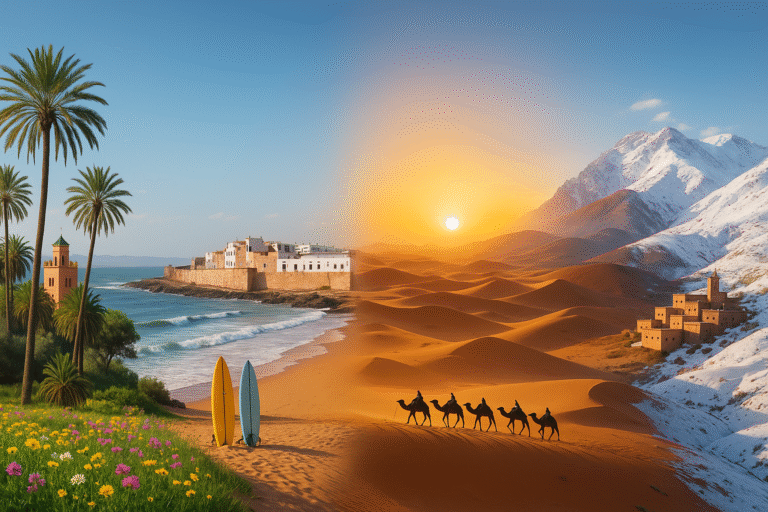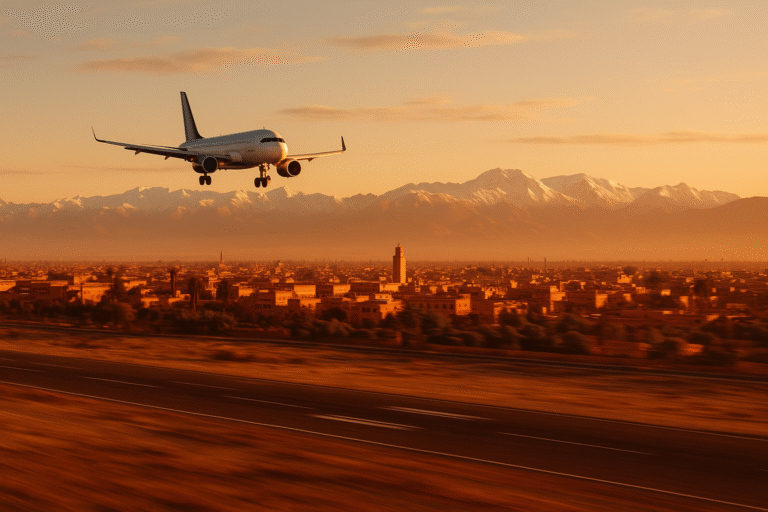Is Morocco Safe to Visit in 2025?
1. Overall Peaceful Atmosphere
- Travel advisories from multiple Western governments, including the U.S. and Canada, classify Morocco at a Level 2 (“Exercise Increased Caution”) status—mainly due to terrorism riskDespite the advisory, Morocco remains generally stable. It ranked among the top safer countries in Africa, with improvements in infrastructure, tourism services, and law enforcement .
2. Terrorism and Security Threats
- Terrorism-related incidents are rare, but small, independent extremist groups inspired by ISIS may target tourists at popular spots like markets, malls, transport hubs, and government buildings.
- In early 2025, Moroccan authorities thwarted a significant Islamic State plot.
- Tensions in the Middle East (e.g., Israel–Iran conflict) have prompted advisories urging travelers to monitor regional developments, avoid protests, and follow local guidance
- 3. Crime & Harassment
- Petty crime, like pickpocketing, bag snatching, and scams, is common in busy medinas, tourist-heavy souks, and beaches.
- Occasional violent incidents—sometimes involving knives—have targeted tourists late at night or in less crowded areas .
- Women often report harassment, such as catcalls. The country is generally safe but calls for modest clothing, especially for women and LGBTQ+ travelers, due to conservative norms.
4. Recommended Safety Measures
- Avoid crowds, demonstrations, and protests—especially related to Middle East tensions.
- Secure your belongings, avoid flaunting valuables, and use official, licensed guides in the medina.
- Stay in well-lit, populated areas at night; don’t travel solo in remote desert or mountain regions without vetted guides and proper vehicles.
- Do enrol in STEP/Smart Traveler or your government’s equivalent, and track updates from local law enforcement.
5. Health & Practical Tips
- Routine vaccinations (like Hepatitis A/B) are recommended, and over-the-counter remedies (e.g., for traveler’s diarrhea) are useful.
- ATMs are widespread in cities—use those in busy, well-lit places and always shield your PIN.
- Ensure your passport is valid (at least three months beyond your stay) and get the entry stamp to avoid departure issues.
6. Areas of Caution
- Avoid travel near the Western Sahara Berm and the border with Algeria—there are risks of landmines, conflict, and limited emergency support.
- Protests—though rare—can emerge in response to global events. Steer clear, as they may escalate unexpectedly .
The Bottom Line
Morocco is generally safe for travelers in 2025. Millions visit annually, exploring its imperial cities, the Atlas Mountains, and Saharan landscapes. With proper vigilance—such as securing belongings, avoiding high-risk zones, registering with your embassy, and staying informed—you can enjoy this culturally rich and geographically diverse country with minimal concern.
Safety Checklist Before You Go
| Task | Why It Matters |
|---|---|
| Purchase travel insurance | Covers cancellations or emergencies |
| Register with STEP or similar | Ensures embassy can reach you |
| Monitor travel advisories | Stay updated on regional tensions |
| Choose licensed/local guides | Safer and more authentic experience |
| Pack modest, weather-appropriate clothes | Respect local customs & climate |
| Stay in well-connected areas | Reduces risks after dark |
| Avoid border/military zones | No-go areas due to security risks |
| Carry minimal valuables | Prevent theft & scams |
Traveler Stories & Expert Insight
According to Lucas Peters (Moon Morocco guide author):
“Morocco has consistently been an incredibly safe destination for travelers… on par with France, Denmark and the rest of Europe”.
The UK FCO and Australian travelers warn:
- Stay alert in popular sites
- Avoid protests
- Use common‑sense safety steps
Final Thought
Yes—you can safely visit Morocco in 2025. Just plan wisely, stay informed, and respect cultural nuances. With its warm hospitality, breathtaking landscapes, and vibrant cities, Morocco rewards conscientious travelers who take sensible precautions.

